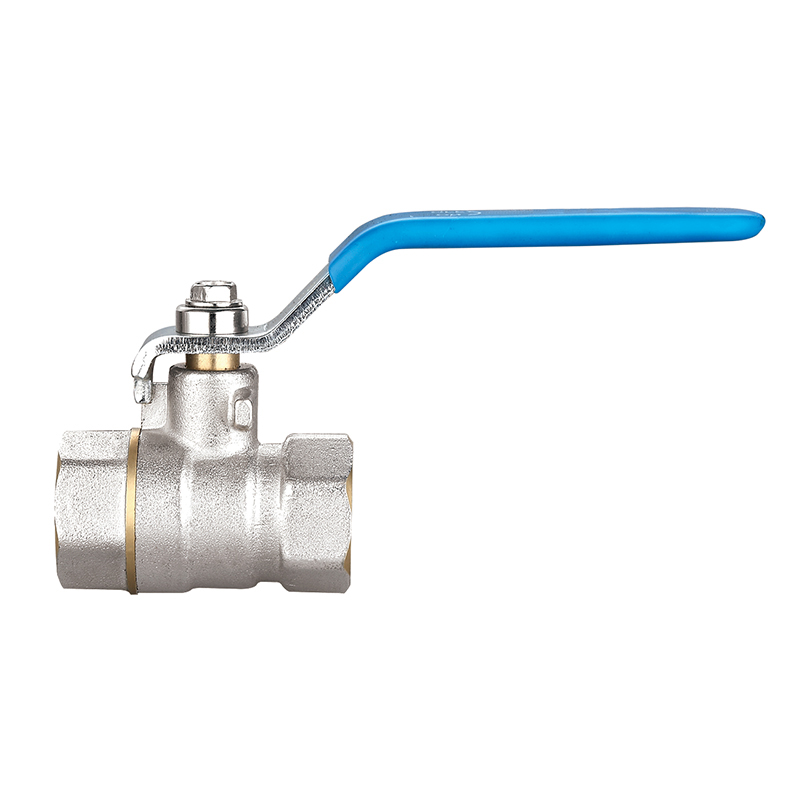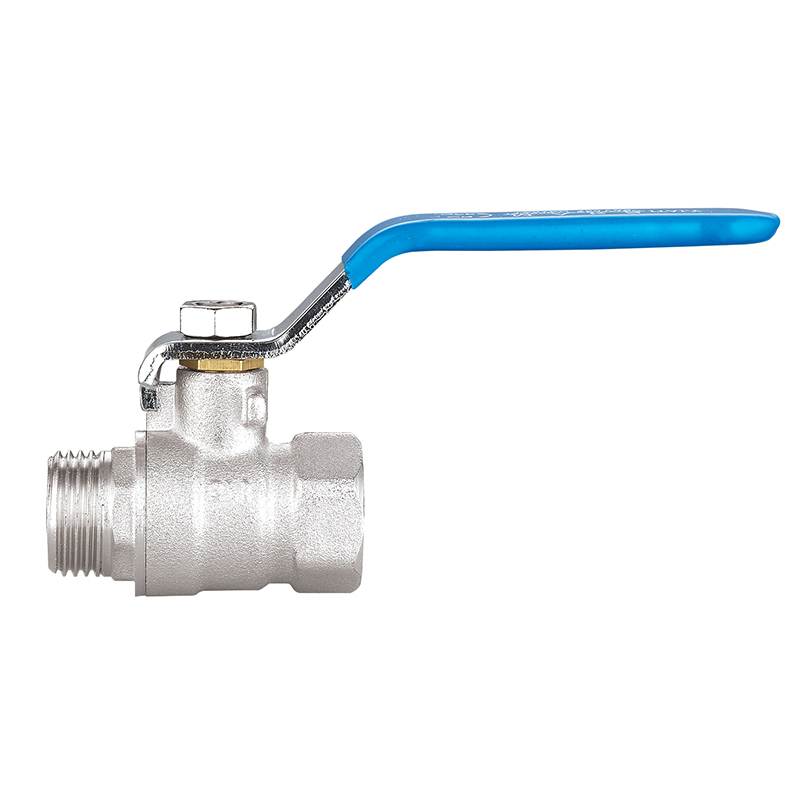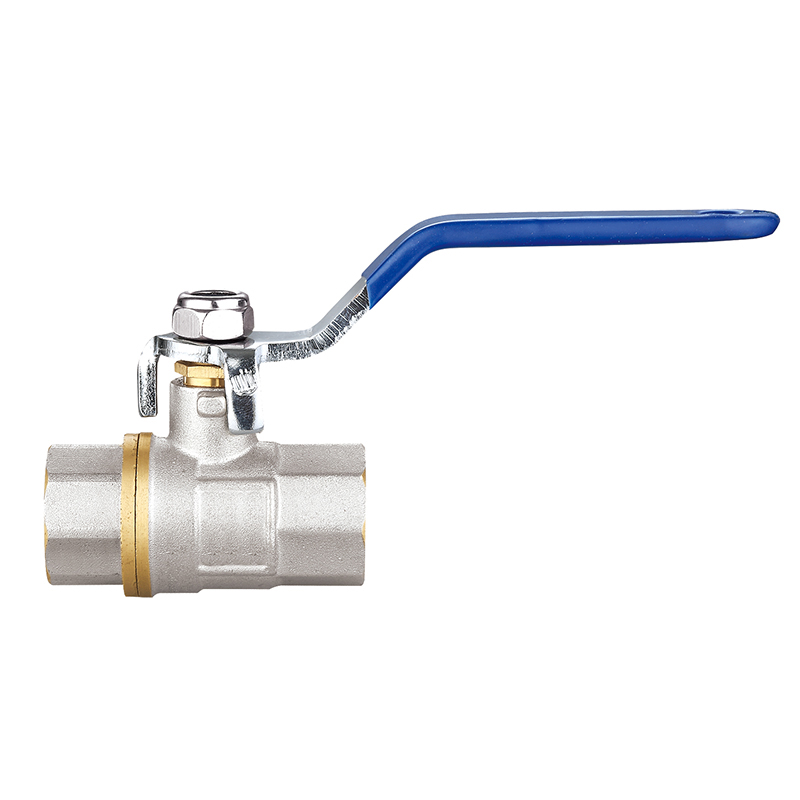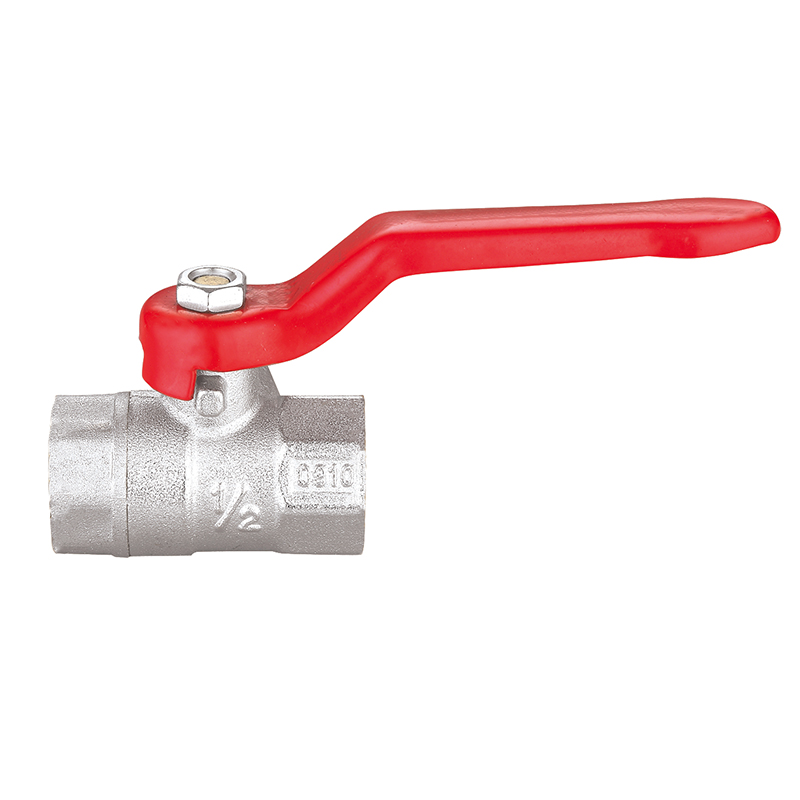Brass Ball Valves: Versatile Solutions Driving Efficiency in Fluid Systems
2025-07-11
Brass ball valves have long been a trusted choice in fluid control applications, valued for their durability, corrosion resistance, and ease of operation. Their widespread use spans residential plumbing, HVAC, industrial processing, and water treatment systems. As infrastructure demands grow and systems become more complex, brass ball valves continue to prove their adaptability—particularly thanks to a variety of connection types like threaded, flanged, and welded options that facilitate seamless integration into diverse piping networks.
The Advantages of Brass as a Valve Material
Brass, an alloy primarily composed of copper and zinc, offers balance of strength, machinability, and corrosion resistance. This makes brass ball valves particularly well-suited for environments where exposure to water, steam, or non-corrosive chemicals is common. Compared to valves made of stainless steel or plastic, brass valves offer mechanical integrity and longevity, often providing years of trouble-free service with maintenance.
Another key benefit of brass is its thermal conductivity, which allows brass ball valves to perform efficiently in both hot and cold water systems. The material’s natural antimicrobial properties also add a layer of safety in potable water applications.
Connection Types: Enhancing Installation Flexibility
One of the features of brass ball valves is their compatibility with multiple connection methods, which significantly expands their usability across various piping systems:
Threaded Connections: The common connection type for brass ball valves, threaded fittings allow easy installation and replacement without specialized equipment. Threaded valves are ideal for residential plumbing and light industrial systems where moderate pressures prevail.
Flanged Connections: Flanged brass ball valves provide a secure, leak-resistant connection suited for larger diameter pipes and higher pressure applications. The flange design facilitates easy disassembly for maintenance, making these valves popular in industrial and commercial water treatment plants.
Welded Connections: Though less common with brass valves due to the material’s properties, certain applications benefit from welded joints to provide permanent, robust connections that prevent leaks under challenging conditions such as vibration or temperature cycling.
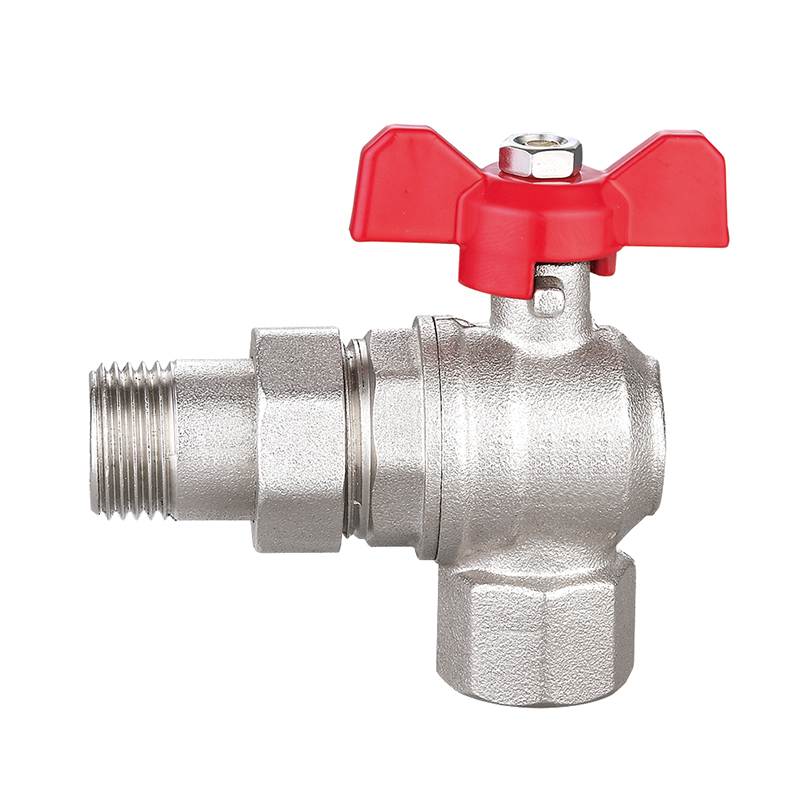
The availability of these connection types means that brass ball valves can be incorporated into new projects or retrofit existing systems without extensive modification.
Applications Across Industries
Brass ball valves are widely used in:
Residential and Commercial Plumbing: Providing reliable shutoff and flow control for water lines, heating systems, and gas piping. Their corrosion resistance and ease of operation make them ideal for faucets, water heaters, and irrigation.
HVAC Systems: Managing flow in heating, ventilation, and air conditioning installations, brass ball valves help maintain system balance and efficiency.
Industrial Processes: Controlling the flow of water, air, and compatible chemicals in manufacturing plants, food processing, and pharmaceutical facilities.
Water Treatment and Distribution: Ensuring precise control and isolation within filtration, pumping, and distribution systems.
In each sector, brass ball valves contribute to system reliability by preventing leaks and enabling quick, efficient flow regulation.
Quality Standards and Testing
To meet the rigorous demands of modern fluid systems, brass ball valves undergo comprehensive testing and certification processes. Industry standards such as ANSI, ASTM, ISO, and NSF set benchmarks for mechanical strength, pressure ratings, temperature tolerance, and lead content, particularly important for potable water applications.
Manufacturers also perform pressure and leak tests to ensure valves maintain integrity under operating conditions. Compliance with these standards not only guarantees performance but also supports regulatory approvals for use in public water systems and industrial facilities.
Innovations and Trends
The brass ball valve industry is embracing innovation to enhance valve performance and meet evolving market needs:
Improved Sealing Technologies: Advances in polymer seats and stem seals reduce leakage and extend valve life, even under frequent cycling.
Compact and Lightweight Designs: New valve models feature streamlined bodies that save space and facilitate installation in tight environments.
Automation Integration: Electric and pneumatic actuators can be mounted on brass ball valves to enable remote and automated flow control, supporting smart building and Industry 4.0 initiatives.
Eco-Friendly Manufacturing: Efforts to reduce lead content and utilize recyclable materials align with global sustainability goals.
Whether you want to become our partner or need our professional guidance or support in product selections and problem solutions, our experts are always ready to help within 12 hours globally.




 русский
русский Español
Español عربى
عربى